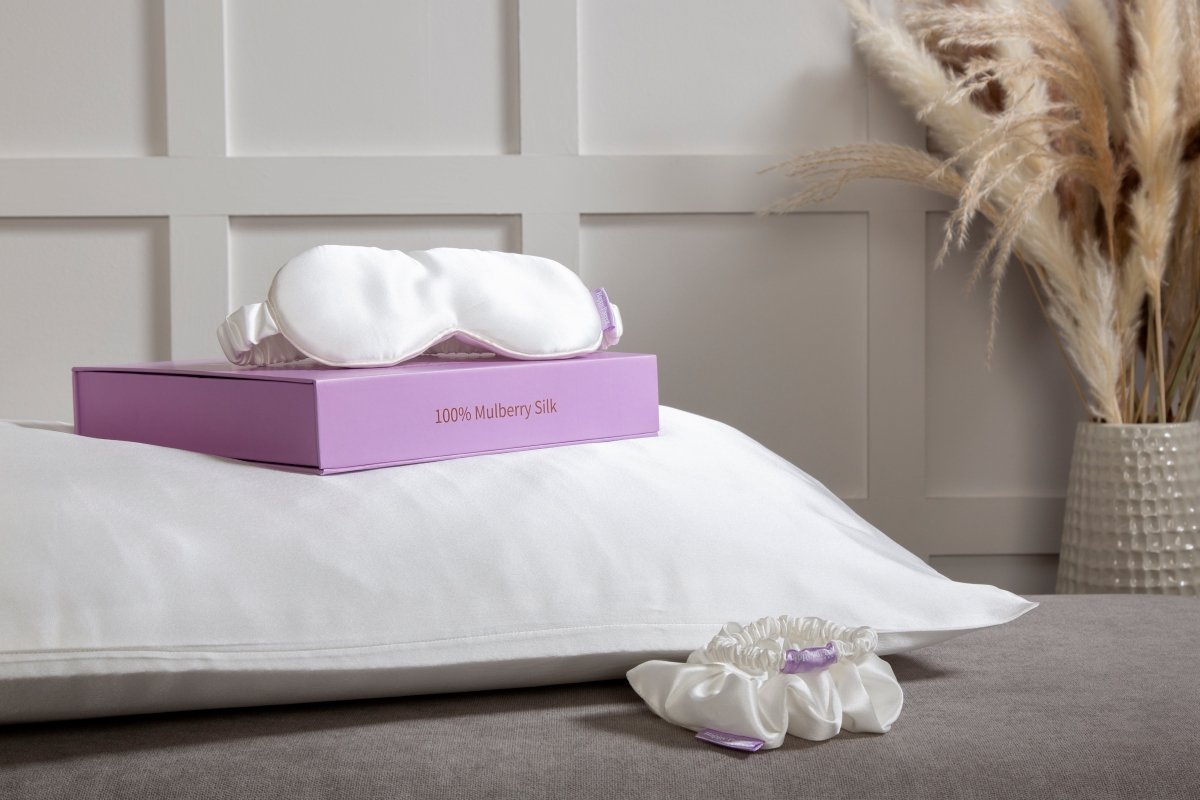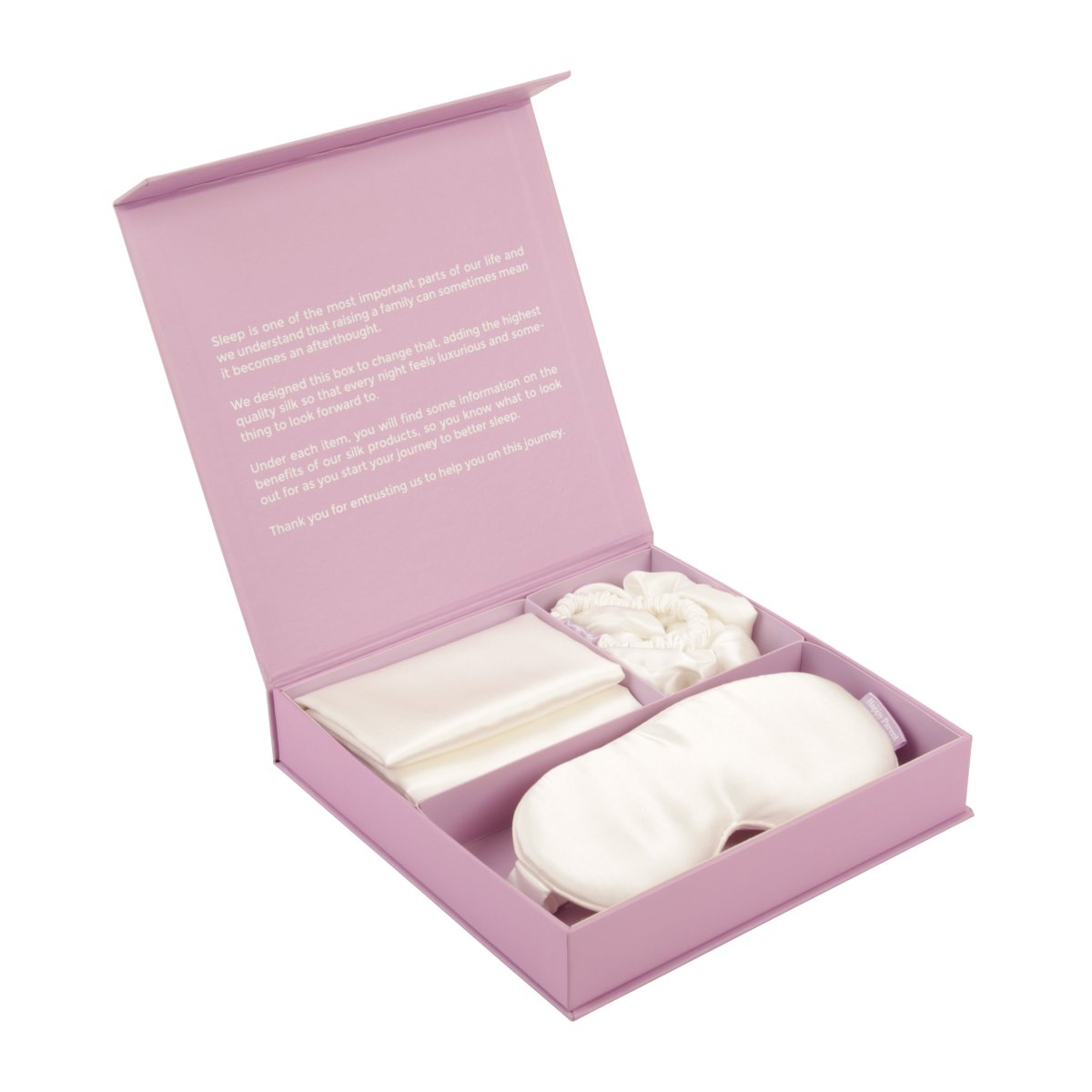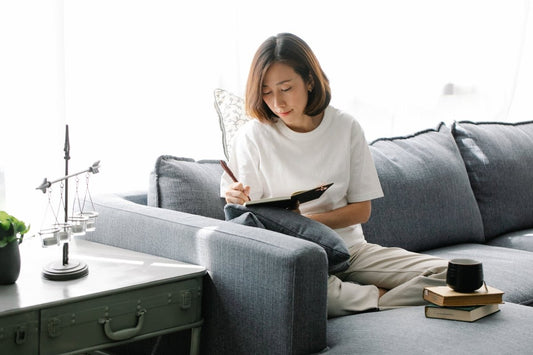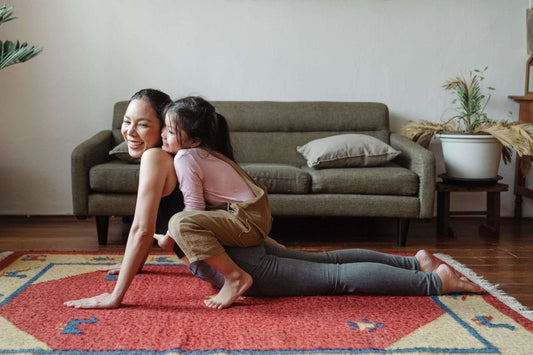A good night's sleep is vital for our overall well-being, and one of the most effective ways to achieve restful sleep is by establishing a consistent sleep routine. A sleep routine refers to a set of behaviours and habits that you engage in before bed to signal to your body that it's time to wind down and prepare for sleep. In this article, we will explore the importance of a sleep routine, the benefits it offers, and how you can create your own routine for a more peaceful slumber.
The Importance of a Sleep Routine
Having a regular sleep routine is crucial for optimising your sleep quality and maintaining a healthy sleep-wake cycle. Our bodies have internal clocks, known as circadian rhythms, which regulate our sleep and wake patterns. When we adhere to a consistent routine, we synchronise our internal clocks, making it easier to fall asleep and wake up naturally.
Benefits of a Consistent Sleep Schedule
Improved Sleep Quality
Following a sleep routine can significantly enhance the quality of your sleep. By going to bed and waking up at the same time each day, you establish a rhythm that allows your body to anticipate and prepare for sleep. This leads to more restorative sleep, leaving you feeling refreshed and rejuvenated in the morning.
Enhanced Mental and Physical Health
Consistent sleep routines have a positive impact on both mental and physical health. A regular sleep schedule helps regulate important hormones, such as cortisol and melatonin, which play a vital role in various bodily functions. A well-rested mind and body are better equipped to cope with daily stressors, improve cognitive function and maintain a healthy immune system.
Increased Productivity and Focus
Quality sleep directly affects our productivity and ability to focus. By establishing a sleep routine, you train your body to enter a state of relaxation and restfulness at the same time each night. This allows you to wake up feeling energised and ready to tackle the day ahead, promoting increased productivity and sharper mental acuity.
How to Establish a Sleep Routine
Creating a sleep routine involves adopting certain habits and lifestyle changes to promote better sleep. Here are some key steps to help you establish a sleep routine that works for you:
Set a Consistent Bedtime
Start by setting a regular bedtime that allows for an adequate amount of sleep. Aim for seven to nine hours of sleep per night, depending on your individual needs. Consistency is key, so try to go to bed and wake up at the same time each day, even on weekends.
Create a Relaxing Bedtime Ritual
Develop a relaxing bedtime ritual that signals to your body that it's time to unwind. This could include activities such as taking a warm bath, practicing deep breathing exercises, reading a book, or listening to calming music. Find activities that help you relax and make them a part of your nightly routine.
Optimise Your Sleep Environment
Create a sleep-friendly environment in your bedroom. Ensure the room is dark, quiet, and at a comfortable temperature. Consider investing in blackout curtains, earplugs, or a white noise machine to minimise disruptions. A comfortable mattress and pillow also play a crucial role in promoting quality sleep.
Limit Electronic Devices before Bed
The blue light emitted by electronic devices, such as smartphones and tablets, can interfere with your sleep. Avoid using these devices for at least an hour before bed. Instead, engage in activities that promote relaxation and help you unwind.
Avoid Stimulants and Heavy Meals
Steer clear of stimulants such as caffeine and nicotine, especially in the evening. These substances can disrupt your sleep and make it harder to fall asleep. Additionally, avoid heavy meals close to bedtime, as digestion can interfere with your ability to sleep soundly.
Incorporate Physical Activity
Regular physical activity during the day can improve sleep quality. Engage in moderate exercise, such as walking or yoga, earlier in the day to reap the benefits of better sleep. However, avoid vigorous exercise close to bedtime, as it may leave you too energised to fall asleep easily.
Practice Stress-Relief Techniques
Stress and anxiety can interfere with your sleep. Incorporate stress-relief techniques into your routine, such as meditation, journaling, or gentle stretching. These practices can help calm your mind and prepare your body for a restful sleep.
Consider Using Sleep Accessories
Sleep accessories like silk eyemasks and silk pillowcases can enhance your sleep experience. Silk eyemasks create a dark and soothing environment, blocking out light that may disrupt your sleep. Silk pillowcases provide a luxurious and comfortable surface for your head, reducing friction and helping to prevent hair breakage. Choose high-quality silk eyemasks and pillowcases for maximum benefits.
The Role of Silk Eyemasks in Promoting Better Sleep
Silk eyemasks offer several benefits for improving sleep quality. They create a gentle, cushioned barrier against light, promoting darkness and signalling to your brain that it's time to sleep. Additionally, silk eyemasks feel soft and luxurious against the skin, providing a soothing sensation that aids relaxation. When selecting a silk eyemask, look for one made from high-quality silk and ensure it fits comfortably without adding pressure to your eyes.
The Benefits of Silk Pillowcases for a Restful Sleep
Silk pillowcases have gained popularity for their ability to enhance sleep quality and promote healthier hair and skin. Unlike cotton pillowcases, silk pillowcases reduce friction, preventing hair breakage and minimising facial creases. Silk's natural temperature-regulating properties also help keep you cool throughout the night. When choosing a silk pillowcase, opt for a high momme count and a mulberry silk fabric for superior quality and durability.
Maintaining a Sleep Routine in Challenging Situations
While it may be more challenging to maintain a sleep routine in certain situations, it is still possible to prioritise your sleep. Here are some tips for maintaining your sleep routine during challenging circumstances:
Traveling and Sleep Routine
When traveling across time zones, try to adjust your sleep schedule gradually before your trip to align with the destination's time zone. During the journey, prioritise restful activities, such as reading or listening to calming music. Upon arrival, expose yourself to natural light to help regulate your circadian rhythm.
Shift Work and Sleep Routine
Shift work disrupts the body's natural sleep-wake cycle, making it harder to establish a consistent routine. If you work irregular shifts, try to maintain a consistent sleep schedule even on your days off. Create a sleep environment that is conducive to rest and consider using blackout curtains or a sleep mask to block out daylight.
Overcoming Common Challenges in Establishing a Sleep Routine
Establishing a sleep routine can come with its challenges. Here are some common obstacles and strategies to overcome them:
Initial Discomfort and Adjustment Period
It may take time for your body to adapt to a new sleep routine. Be patient and persistent, allowing yourself a few weeks to adjust. Stick to your routine even if it feels uncomfortable initially, and soon your body will adapt and start benefiting from the consistent sleep schedule.
Consistency and Accountability
Consistency is key to a successful sleep routine. Hold yourself accountable by tracking your sleep patterns and progress. Use sleep-tracking apps or a sleep journal to monitor your sleep habits and make adjustments as needed. Consider enlisting the support of a sleep buddy or partner to help you stay accountable.
Dealing with Insomnia or Sleep Disorders
If you struggle with chronic insomnia or other sleep disorders, it is essential to seek professional help. Consult a healthcare provider who specialises in sleep medicine to evaluate your condition and recommend appropriate treatment options. They may suggest techniques such as cognitive-behavioural therapy for insomnia (CBT-I) or prescribe medication if necessary.
Conclusion
Establishing a sleep routine is a powerful way to improve your sleep quality and overall well-being. By following a consistent schedule, creating a relaxing bedtime ritual, optimising your sleep environment, and incorporating sleep accessories like silk eyemasks and silk pillowcases, you can enjoy the benefits of restful and rejuvenating sleep. Remember that it may take time to adjust to a new routine, but with persistence and commitment, you can reap the rewards of a healthy sleep routine.
FAQs
-
How long does it take to establish a sleep routine? The time it takes to establish a sleep routine can vary from person to person. It typically takes a few weeks of consistent practice for your body to adjust and adapt to a new sleep schedule.
-
Can I have different sleep schedules on weekends? It is generally recommended to maintain a consistent sleep schedule, even on weekends. However, some flexibility can be allowed as long as the deviation from your regular sleep routine is minimal.
-
Do sleep accessories really make a difference? Sleep accessories like silk eyemasks and silk pillowcases can enhance your sleep experience. While they may not directly solve sleep problems, they contribute to a more comfortable sleep environment and promote better sleep quality.
-
How can I make my bedroom more conducive to sleep? To create a sleep-friendly bedroom, ensure the room is dark, quiet, and at a comfortable temperature. Use curtains or blinds to block out external light, consider using white noise machines or earplugs to reduce noise disturbances, and set the thermostat to a cool temperature that suits your preference.
-
What are some natural remedies for sleep problems? Natural remedies for sleep problems include establishing a consistent sleep routine, practicing relaxation techniques such as meditation or deep breathing exercises, avoiding stimulants like caffeine close to bedtime, and creating a comfortable and calming sleep environment. Additionally, herbal teas like chamomile or lavender can promote relaxation and aid in sleep.













